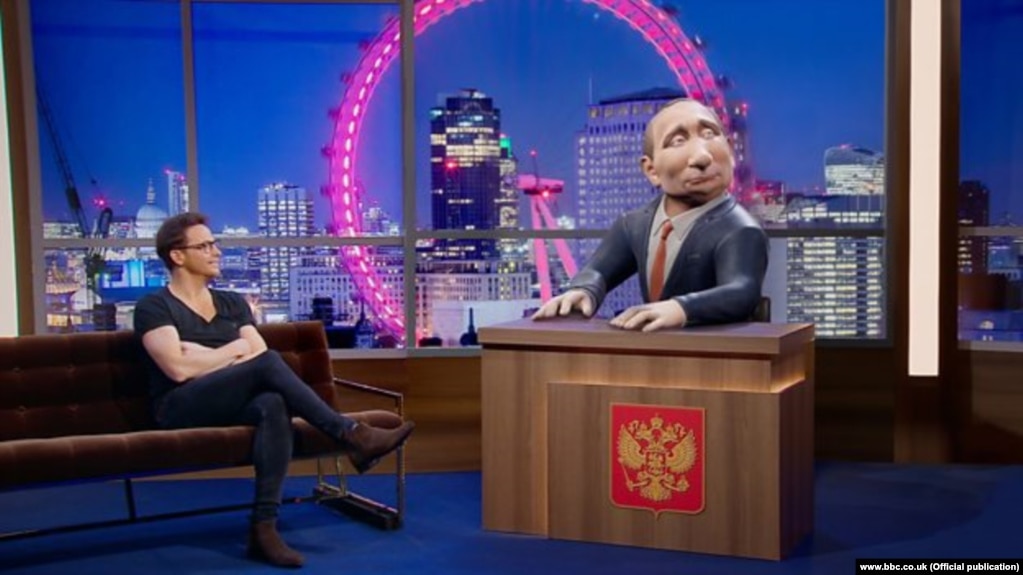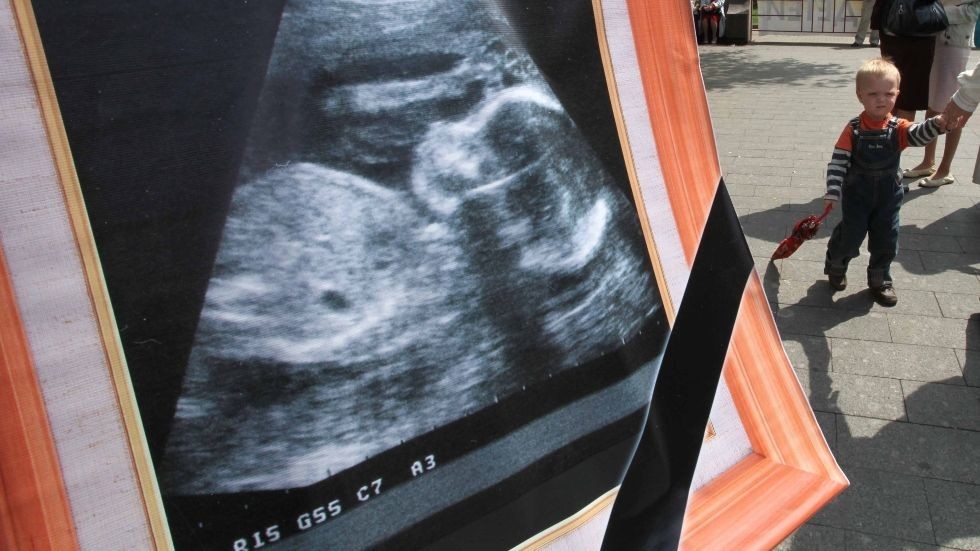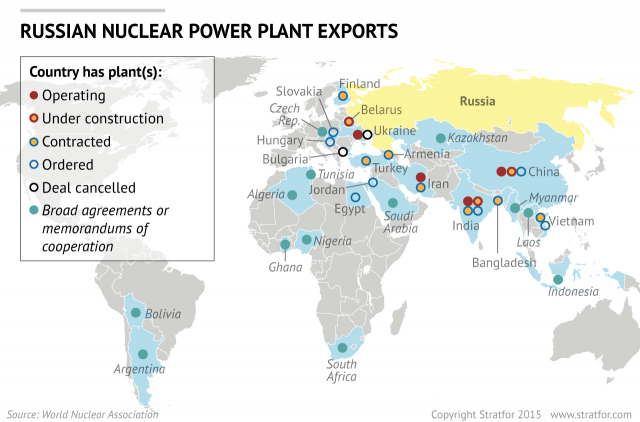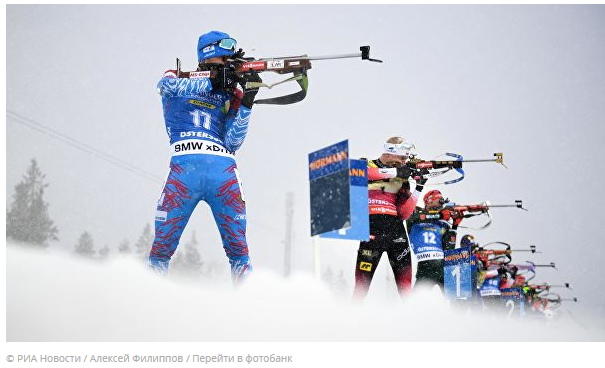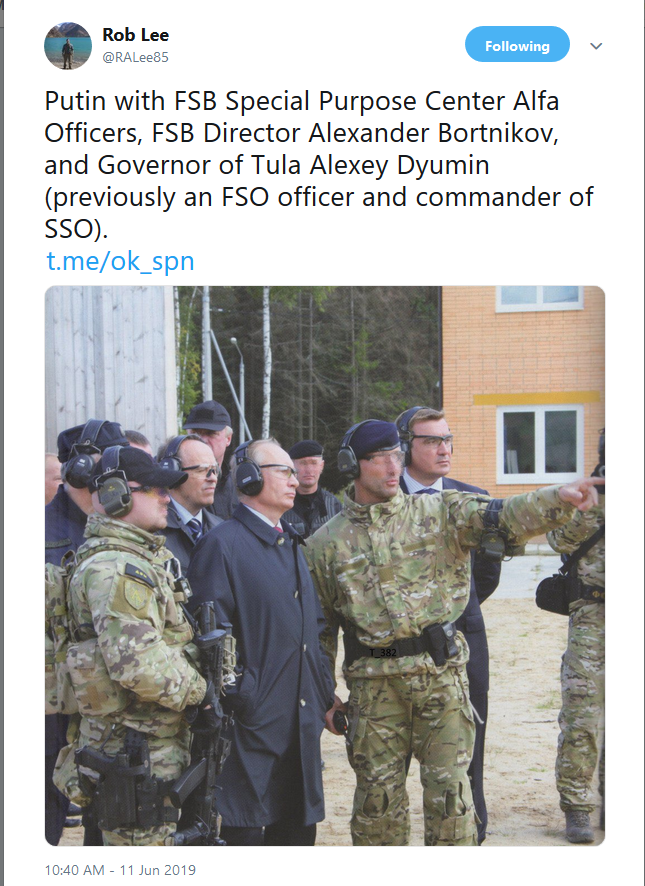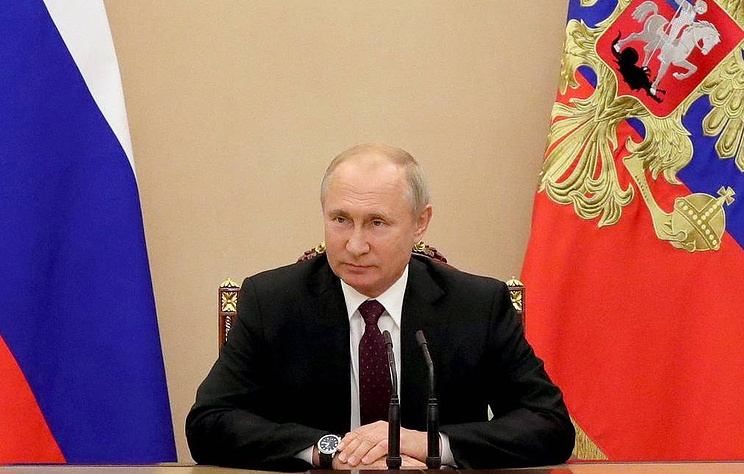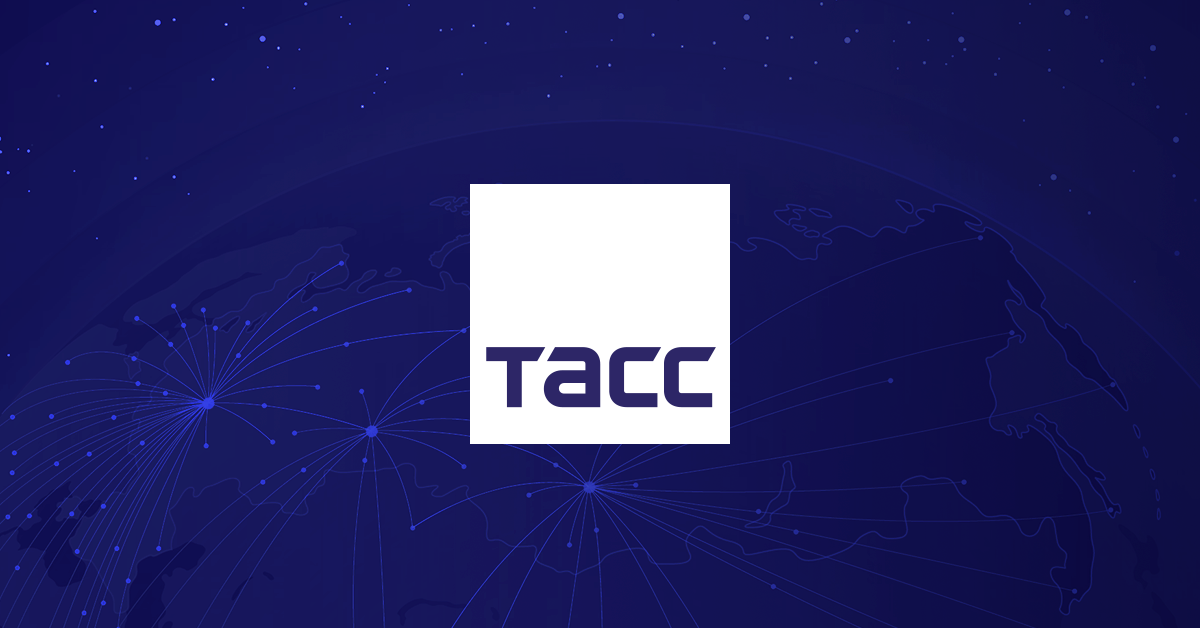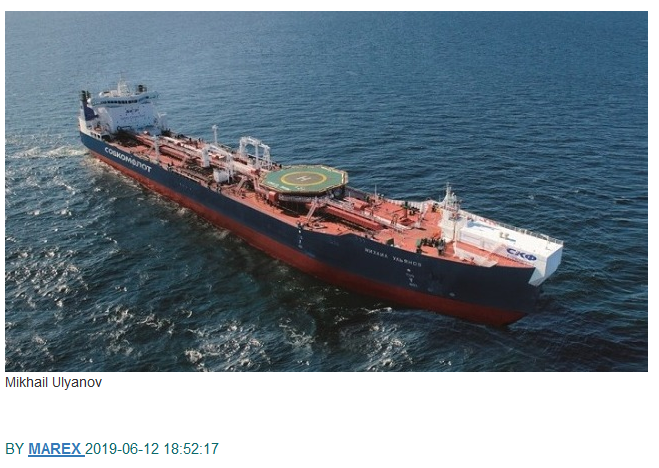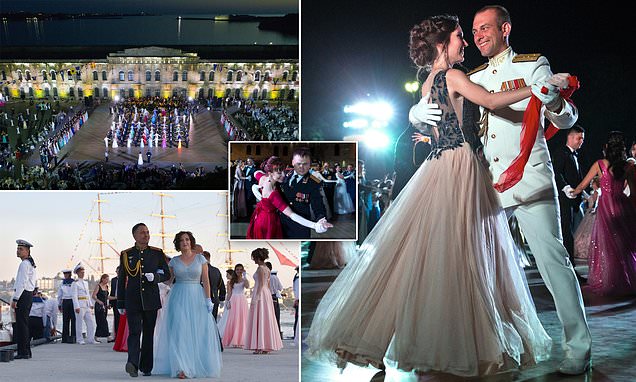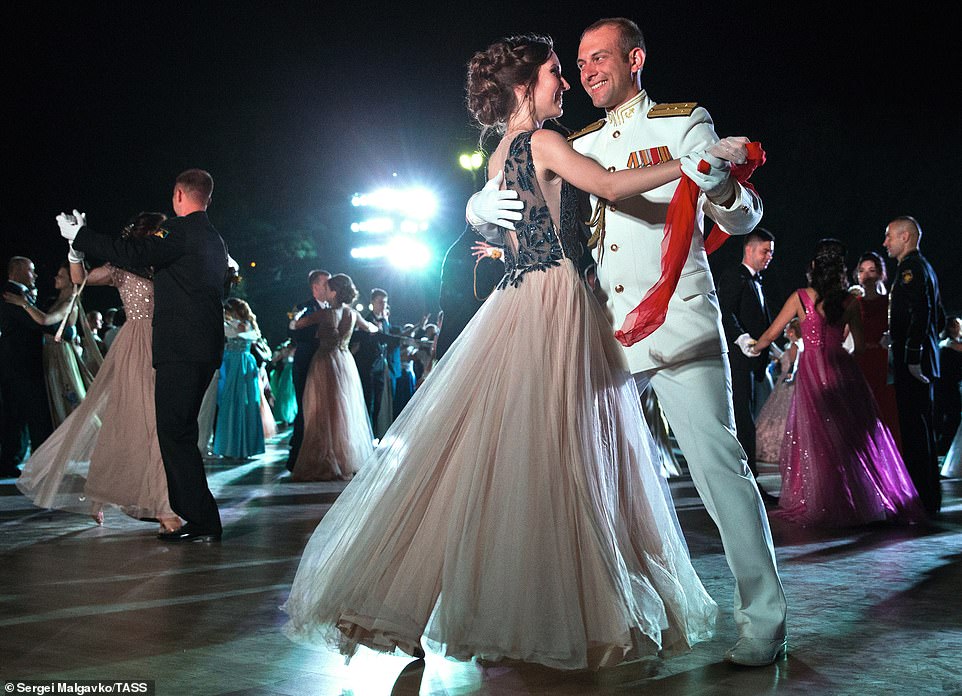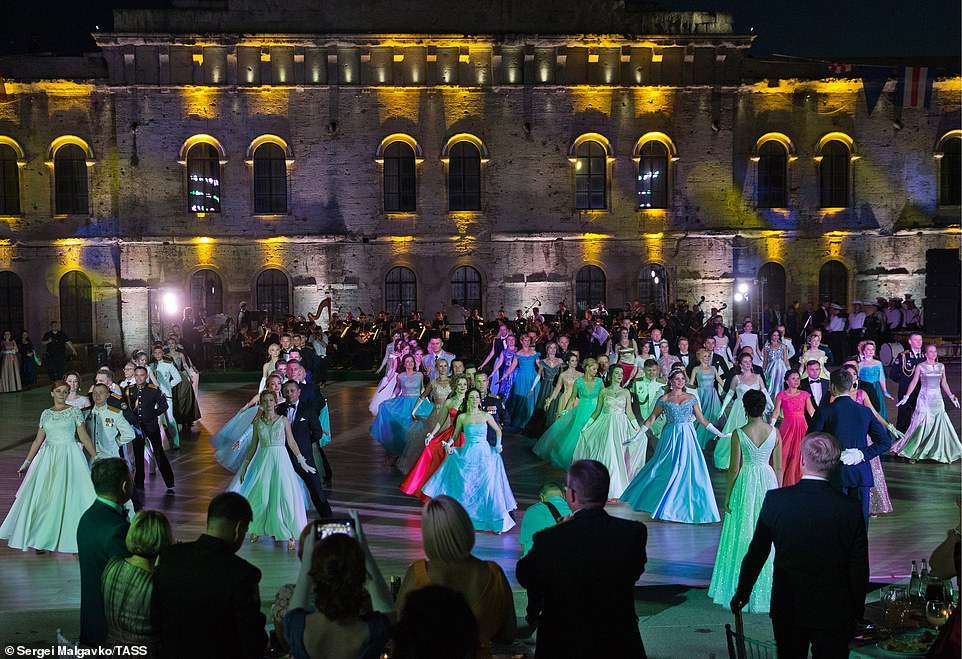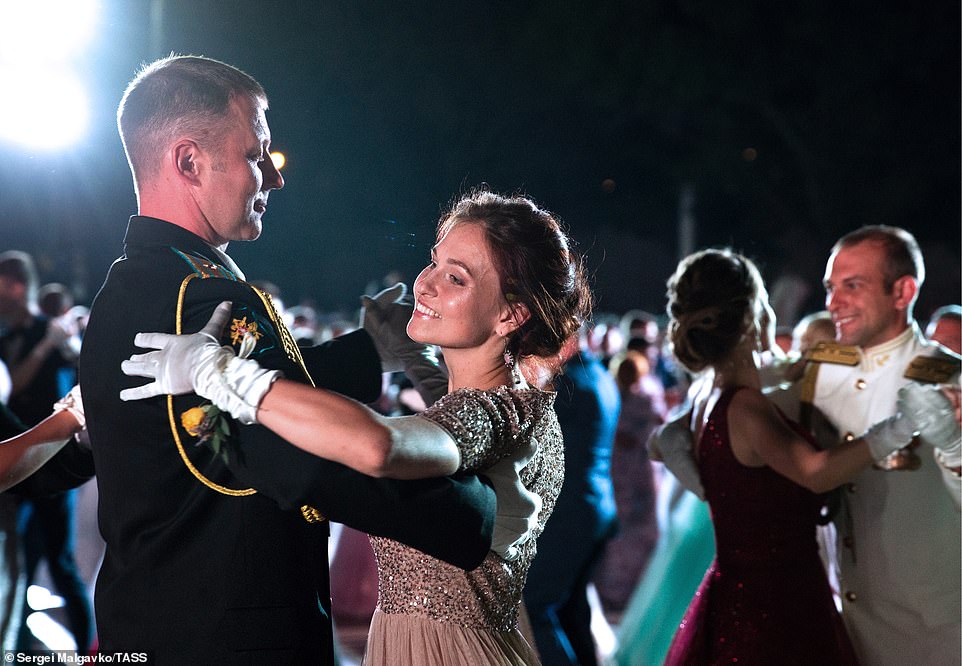angelburst29
The Living Force
Several leading Kommersant journalists quit after colleagues fired
Several leading Kommersant journalists quit after colleagues fired

© Donat Sorokin/TASS
Gleb Cherkasov, deputy editor-in-chief of the newspaper Kommersant, and a number of leading journalists reigned on Monday, over the decision to dismiss special correspondent Ivan Safronov and deputy editor of the Politics department Maxim Ivanov, Cherkasov wrote on Facebook.
"A few days ago, at the initiative of the shareholders, the Kommersant Publishing House severed labor relations with the Special Correspondent Ivan Safronov and Deputy Editor of the Policy Department Maxim Ivanov. The reason for this is the publication on the possible change of the Federation Council speaker. The shareholder has the right to make personnel decisions, the employees have the right to disagree with them in the only possible way - changing their place of work," wrote Cherkasov.
According to him, Alla Barakhova, the head of the political department, her deputy Maria-Louise Tirmaste, correspondents Natalya Korchenkova, Alexandra Djordjevic, Sofia Samokhina, Elizaveta Miller, Katerina Grobman, Vsevolod Inyutin, columnist Viktor Khamrayev and special correspondent Anna Puskarskaya also resigned. All these employees, Cherkasov said, "plan to complete their work commitments in the near future."
As the Vedomosti newspaper clarified, letters of resignation were filed by all employees of the Politics department and their supervisors. According to the publication, the decision to dismiss Safronov and Ivanov was taken by shareholder Alisher Usmanov.
"We parted with journalists because the editorial standards of Kommersant were violated during the preparation of the article," the publication quotes Vladimir Zhelonkin, the Kommersant General Director. At the same time, he did not disclose what exactly was violated and refused to comment on the interference of shareholders.
The materials about the possible resignation of Valentina Matvienko was published in Kommersant on April 17. It said that in May, the Federation Council Speaker would discuss the possibility of leaving the post with President Putin. The most likely candidate for her position was Sergey Naryshkin, head of the Foreign Intelligence Service.
Russian senator describes scandal around ex-Austrian vice chancellor as provocation
Kosachev compared the incident to the scandal around 2017 French presidential candidate Francois Fillon who had faced accusations in relation to his wife’s job
The scandal around former Austrian Vice Chancellor Heinz-Christian Strache is a "perfect provocation" staged by European liberal forces, Chairman of the Russian Federation Council (the upper house of parliament) Foreign Affairs Committee Konstantin Kosachev wrote on Facebook.
"It is so clear that we can say it was an ideal provocation: an attack on the leader of the right-wing Freedom Party of Austria and, eventually, at Chancellor Kurz, who is unpopular with Europe's liberal mainstream, right before the European parliamentary election because Europe's right forces have a chance to gain a record-high share of the vote, so there is "a Russian trace" and an allegedly independent journalistic investigation," the Senior Russian Senator pointed out.
Kosachev compared the incident to the scandal around 2017 French presidential candidate Francois Fillon who had faced accusations in relation to his wife’s job. "The system has worked once again: the ruling liberal forces are trying to discredit right-wing politicians at all costs, they are labeling them as populists and fascists but nevertheless, they are unable to reduce their growing popularity and the Europeans’ fatigue from having to choose between similarly looking liberal parties that differ only in their names," he noted.
Kosachev also said that the incident was "part of a well-planned International campaign" and other "revelations" would follow with "a Russian trace" to be found.
On May 18, Austrian Chancellor and leader of the Austrian People's Party Sebastian Kurz gave up cooperation with the Freedom Party of Austria within the current coalition government and called a snap election.
Leader of the Freedom Party of Austria Heinz-Christian Strache earlier stepped down as the country’s Vice Chancellor after the German magazine Der Spiegel and the newspaper Sьddeutsche Zeitung had published a hidden camera video, which showed Strache, his aide Johann Gudenus and an unknown Russian-speaking woman discussing the possibility of buying the tabloid Kronen Zeitung and securing information support for the party ahead of the 2017 parliamentary election in return for access to construction contracts in Austria.
As a result, both Strache and Gudenus had to step down. Austrian President Alexander Van der Bellen suggested holding a snap parliamentary election in September. The chancellor said he expected the coalition government to continue its activities until the election took place.
Several leading Kommersant journalists quit after colleagues fired

© Donat Sorokin/TASS
Gleb Cherkasov, deputy editor-in-chief of the newspaper Kommersant, and a number of leading journalists reigned on Monday, over the decision to dismiss special correspondent Ivan Safronov and deputy editor of the Politics department Maxim Ivanov, Cherkasov wrote on Facebook.
"A few days ago, at the initiative of the shareholders, the Kommersant Publishing House severed labor relations with the Special Correspondent Ivan Safronov and Deputy Editor of the Policy Department Maxim Ivanov. The reason for this is the publication on the possible change of the Federation Council speaker. The shareholder has the right to make personnel decisions, the employees have the right to disagree with them in the only possible way - changing their place of work," wrote Cherkasov.
According to him, Alla Barakhova, the head of the political department, her deputy Maria-Louise Tirmaste, correspondents Natalya Korchenkova, Alexandra Djordjevic, Sofia Samokhina, Elizaveta Miller, Katerina Grobman, Vsevolod Inyutin, columnist Viktor Khamrayev and special correspondent Anna Puskarskaya also resigned. All these employees, Cherkasov said, "plan to complete their work commitments in the near future."
As the Vedomosti newspaper clarified, letters of resignation were filed by all employees of the Politics department and their supervisors. According to the publication, the decision to dismiss Safronov and Ivanov was taken by shareholder Alisher Usmanov.
"We parted with journalists because the editorial standards of Kommersant were violated during the preparation of the article," the publication quotes Vladimir Zhelonkin, the Kommersant General Director. At the same time, he did not disclose what exactly was violated and refused to comment on the interference of shareholders.
The materials about the possible resignation of Valentina Matvienko was published in Kommersant on April 17. It said that in May, the Federation Council Speaker would discuss the possibility of leaving the post with President Putin. The most likely candidate for her position was Sergey Naryshkin, head of the Foreign Intelligence Service.
Russian senator describes scandal around ex-Austrian vice chancellor as provocation
Kosachev compared the incident to the scandal around 2017 French presidential candidate Francois Fillon who had faced accusations in relation to his wife’s job
The scandal around former Austrian Vice Chancellor Heinz-Christian Strache is a "perfect provocation" staged by European liberal forces, Chairman of the Russian Federation Council (the upper house of parliament) Foreign Affairs Committee Konstantin Kosachev wrote on Facebook.
"It is so clear that we can say it was an ideal provocation: an attack on the leader of the right-wing Freedom Party of Austria and, eventually, at Chancellor Kurz, who is unpopular with Europe's liberal mainstream, right before the European parliamentary election because Europe's right forces have a chance to gain a record-high share of the vote, so there is "a Russian trace" and an allegedly independent journalistic investigation," the Senior Russian Senator pointed out.
Kosachev compared the incident to the scandal around 2017 French presidential candidate Francois Fillon who had faced accusations in relation to his wife’s job. "The system has worked once again: the ruling liberal forces are trying to discredit right-wing politicians at all costs, they are labeling them as populists and fascists but nevertheless, they are unable to reduce their growing popularity and the Europeans’ fatigue from having to choose between similarly looking liberal parties that differ only in their names," he noted.
Kosachev also said that the incident was "part of a well-planned International campaign" and other "revelations" would follow with "a Russian trace" to be found.
On May 18, Austrian Chancellor and leader of the Austrian People's Party Sebastian Kurz gave up cooperation with the Freedom Party of Austria within the current coalition government and called a snap election.
Leader of the Freedom Party of Austria Heinz-Christian Strache earlier stepped down as the country’s Vice Chancellor after the German magazine Der Spiegel and the newspaper Sьddeutsche Zeitung had published a hidden camera video, which showed Strache, his aide Johann Gudenus and an unknown Russian-speaking woman discussing the possibility of buying the tabloid Kronen Zeitung and securing information support for the party ahead of the 2017 parliamentary election in return for access to construction contracts in Austria.
As a result, both Strache and Gudenus had to step down. Austrian President Alexander Van der Bellen suggested holding a snap parliamentary election in September. The chancellor said he expected the coalition government to continue its activities until the election took place.

